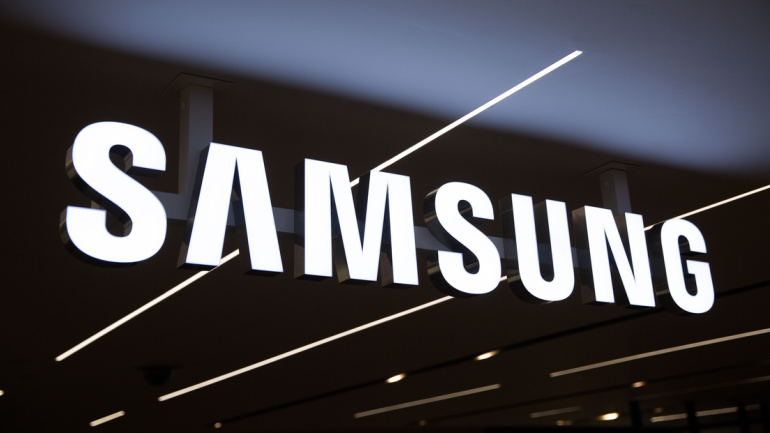Initiated by the UK government, the Shared Rural Network (SRN) aims to eradicate coverage black spots and ensure widespread 4G coverage. This project has been approached with differing bravado by top network operators. Juncture tensions arise as key operators plead for deadline leniency, while EE stands confident in its progress. All eyes are on the government’s response to this collective request while interest in the ongoing infrastructure debate climaxes. Stay informed as the narrative unfolds.
The FCC has set the wheels in motion to reinstate open internet protections, sparking dynamic public conversations around net neutrality. They aim to frame both fixed and mobile broadband as imperative telecommunication services by the Communications Act. This move could effectively address the recurring issue of broadband outages impacting significant sectors like jobs, education, healthcare, safety, and more. However, the proposal doesn’t stop there, it also plans to ensure stringent nationwide open internet regulations to prevent ISPs from manipulating content accessibility based on payment.
Golden opportunity or a hasty gamble? KKR’s pursuit to acquire Telecom Italia’s anticipated NetCo has been met with challenges from Vivendi, TIM’s largest shareholder. Confronting the complexity of separate asset sales and the valuation tug-of-war, it’s clear there’s more to this story than meets the eye.
Navigating an increasingly challenging market, Nokia is bracing for reductions in staff numbers bolstered by a severe 15% year-on-year sales decline. Despite facing these obstacles, including a slowed pace of 5G deployment in India and underperforming Network Infrastructure division, Nokia’s Cloud and Network Services remain resilient. Amidst downsizing, CEO Pekka Lundmark forecasts a more optimistic fourth quarter, exemplifying the struggle between current hardships and future potential.
The looming merger of Vodafone and Three in the UK sparks heated debate. Anticipated job creation sits around 12,000, yet union estimates portend a job cut of around 1,000 to 1,600. Amidst global job-shedding by Vodafone and Three’s concerning job loss record, an £11 billion pledge to enhance network coverage brings a glimmer of hope. However, hazy figures on staffing levels and possible challenges accessing skilled labor add to the uncertainty.
Samsung’s 5G CBRS Strand Small Cell solution empowers cable operators by providing a quick, cost-effective method for deploying 5G data-offloading capabilities. Field-tested and now commercially available, this compact solution has been deployed with Comcast, supporting their goal of efficient data traffic offloading and improved 5G connectivity.
Nokia takes a significant leap in telecom landscape with a unique Cloud RAN trial, persistently striving to achieve parity between Cloud RAN and purpose-built RAN. This strategic move, involving Elisa, explores In-Line acceleration potential, positioning Nokia in a subtle competition with Ericsson’s ‘Look-Aside’ approach. The latter’s reticence adds intrigue to this telecommunication rivalry. However, will Nokia’s In-Line strategy prove to be the more efficient route?
VoIP readiness assessment is vital for cost-effective business communication. Define objectives, assess costs, scalability, integration, infrastructure, equipment, security, and training. Pilot testing and vendor selection are key. Develop a migration plan for a smooth transition, resulting in enhanced communication, productivity, and cost savings.
The Ultra-Broadband Forum 2023 has seen industry leaders propose the revolutionary 10 Gbps City Initiative, aiming to construct digitally transformative and ultra-connected cities. Beyond being a mere term, the 10 Gbps City represents a significant shift in infrastructural development. This ambitious project hints at the power of telecommunications transformation, driving the digital economy to unexplored territories. Governments hold the key role in accelerating these changes, as they can bridge digital divides and facilitate universal digital services.
Phoenix Tower International’s acquisition of NOVEC’s German unit offers a lucrative entry point into a high-potential European market, despite a downturn in mergers and acquisitions within the tower sector. This pivotal move solidifies Phoenix Tower’s expansion strategy, leveraging Germany’s stature as Europe’s largest economy and a global wireless build-out hub. Intriguingly, Phoenix’s bold move contrasts with rivals like Cellnex, who have curbed spending due to financial pressures. This daring feat underscores the fluidity and continuous evolution in the telecommunications infrastructure sector.













